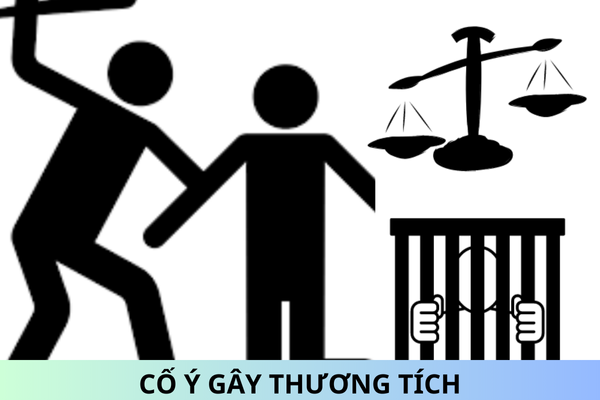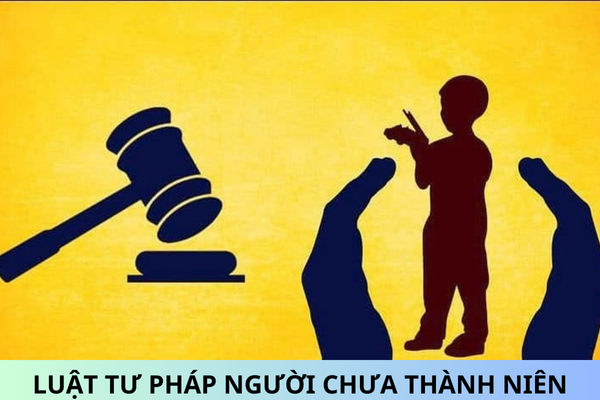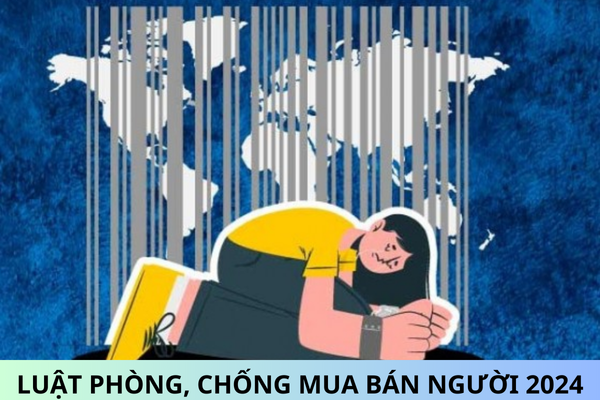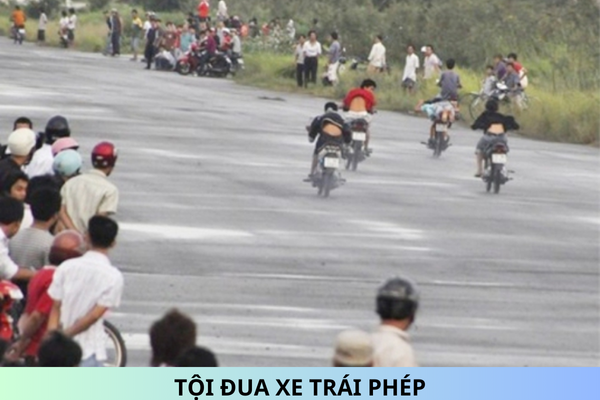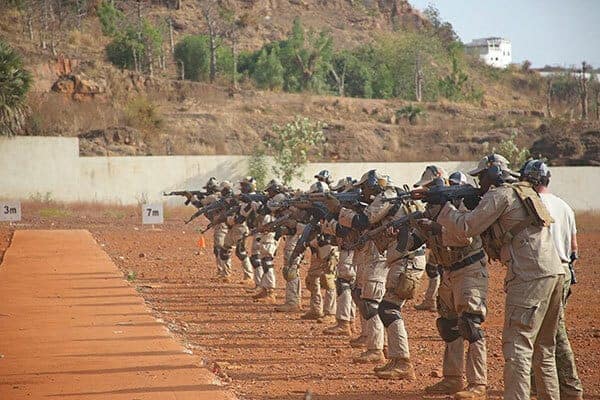Who are mercenaries? Shall Vietnamese citizens who are mercenaries be deprived of Vietnamese nationality?
Who are mercenaries? Shall Vietnamese citizens who are mercenaries be deprived of Vietnamese nationality? Thank you! - Mr. Tan (Dong Nai)
Who are mercenaries?
Pursuant to Article 1 of the International Convention against the Recruitment, Use, Financing and Training of Mercenaries in 1989 stipulating as follows:
- A mercenary is any person who:
+ Is specially recruited locally or abroad in order to fight in an armed conflict;
+ Is motivated to take part in the hostilities essentially by the desire for private gain and, in fact, is promised, by or on behalf of a party to the conflict, material compensation substantially in excess of that promised or paid to combatants of similar rank and functions in the armed forces of that party;
+ Is neither a national of a party to the conflict nor a resident of territory controlled by a party to the conflict;
+ Is not a member of the armed forces of a party to the conflict; and
+ Has not been sent by a State which is not a party to the conflict on official duty as a member of its armed forces.
- A mercenary is also any person who, in any other situation:
+ Is specially recruited locally or abroad for the purpose of participating in a concerted act of violence aimed at: Overthrowing a Government or otherwise undermining the constitutional order of a State; Undermining the territorial integrity of a State;
+ Is motivated to take part therein essentially by the desire for significant private gain and is prompted by the promise or payment of material compensation;
+ Is neither a national nor a resident of the State against which such an act is directed;
+ Has not been sent by a State on official duty; and
+ Is not a member of the armed forces of the State on whose territory the act is undertaken.
Who are mercenaries? Shall Vietnamese citizens who are mercenaries be deprived of Vietnamese nationality? - Image from Internet
Shall Vietnamese citizens who are mercenaries for a foreign organization be deprived of Vietnamese nationality?
Pursuant to Article 31 of the Law on Vietnamese Nationality in 2008 stipulating grounds for deprivation of Vietnamese nationality as follows:
Grounds for deprivation of Vietnamese nationality
1. Vietnamese citizens residing abroad may be deprived of Vietnamese nationality if they commit acts that cause serious harms to the national independence, national construction and defense or the prestige of the Socialist Republic of Vietnam.
2. Persons who have been naturalized in Vietnam under Article 19 of this Law, regardless of whether they reside inside or outside the Vietnamese territory, may be deprived of Vietnamese nationality, if they commit acts specified in Clause 1 of this Article.
Pursuant to Article 425 of the Criminal Code in 2015 stipulating working as a mercenary as follows:
Working as a mercenary
Any person who works as a mercenary to fight against a nation or sovereign territory shall face a penalty of 05 - 15 years' imprisonment.
As regulations above, Vietnamese citizens who are mercenaries for a foreign organization shall be deprived of Vietnamese nationality if they commit acts that cause serious harms to the national independence, national construction and defense or the prestige of the Socialist Republic of Vietnam.
Vietnamese citizens who are mercenaries for a foreign organization to fight against a nation or sovereign territory shall face a penalty of 05 - 15 years' imprisonment.
Which entities shall be notified when a country takes a mercenary into custody?
Pursuant to Article 10 of the International Convention against the Recruitment, Use, Financing and Training of Mercenaries in 1989 stipulating as follows:
1. Upon being satisfied that the circumstances so warrant, any State Party in whose territory the alleged offender is present shall, in accordance with its laws, take him into custody or take such other measures to ensure his presence for such time as is necessary to enable any criminal or extradition proceedings to be instituted. The State Party shall immediately make a preliminary inquiry into the facts.
2. When a State Party, pursuant to this article, has taken a person into custody or has taken such other measures referred to in paragraph 1 of this article, it shall notify without delay either directly or through the Secretary-General of the United Nations:
a. The State Party where the offence was committed;
b. The State Party against which the offence has been directed or attempted;
c. The State Party of which the natural or juridical person against whom the offence has been directed or attempted is a national;
d. The State Party of which the alleged offender is a national or, if he is a stateless person, in whose territory he has his habitual residence;
e. Any other interested State Party which it considers it appropriate to notify.
3. Any person regarding whom the measures referred to in paragraph 1 of this article are being taken shall be entitled:
a. To communicate without delay with the nearest appropriate representative of the State of which he is a national or which is otherwise entitled to protect his rights or, if he is a stateless person, the State in whose territory he has his habitual residence;
b. To be visited by a representative of that State.
4. The provisions of paragraph 3 of this article shall be without prejudice to the right of any State Party having a claim to jurisdiction in accordance with article 9, paragraph 1 (b), to invite the International Committee of the Red Cross to communicate with and visit the alleged offender.
5. The State which makes the preliminary inquiry contemplated in paragraph 1 of this article shall promptly report its findings to the States referred to in paragraph 2 of this article and indicate whether it intends to exercise jurisdiction.
As regulations above, when a State Party of the International Convention against the Recruitment, Use, Financing and Training of Mercenaries in 1989 takes a mercenary into custody, it shall notify to:
- The State Party where the offence was committed;
- The State Party against which the offence has been directed or attempted;
- The State Party of which the natural or juridical person against whom the offence has been directed or attempted is a national;
- The State Party of which the alleged offender is a national or, if he is a stateless person, in whose territory he has his habitual residence;
- Any other interested State Party which it considers it appropriate to notify.
Best regards!


